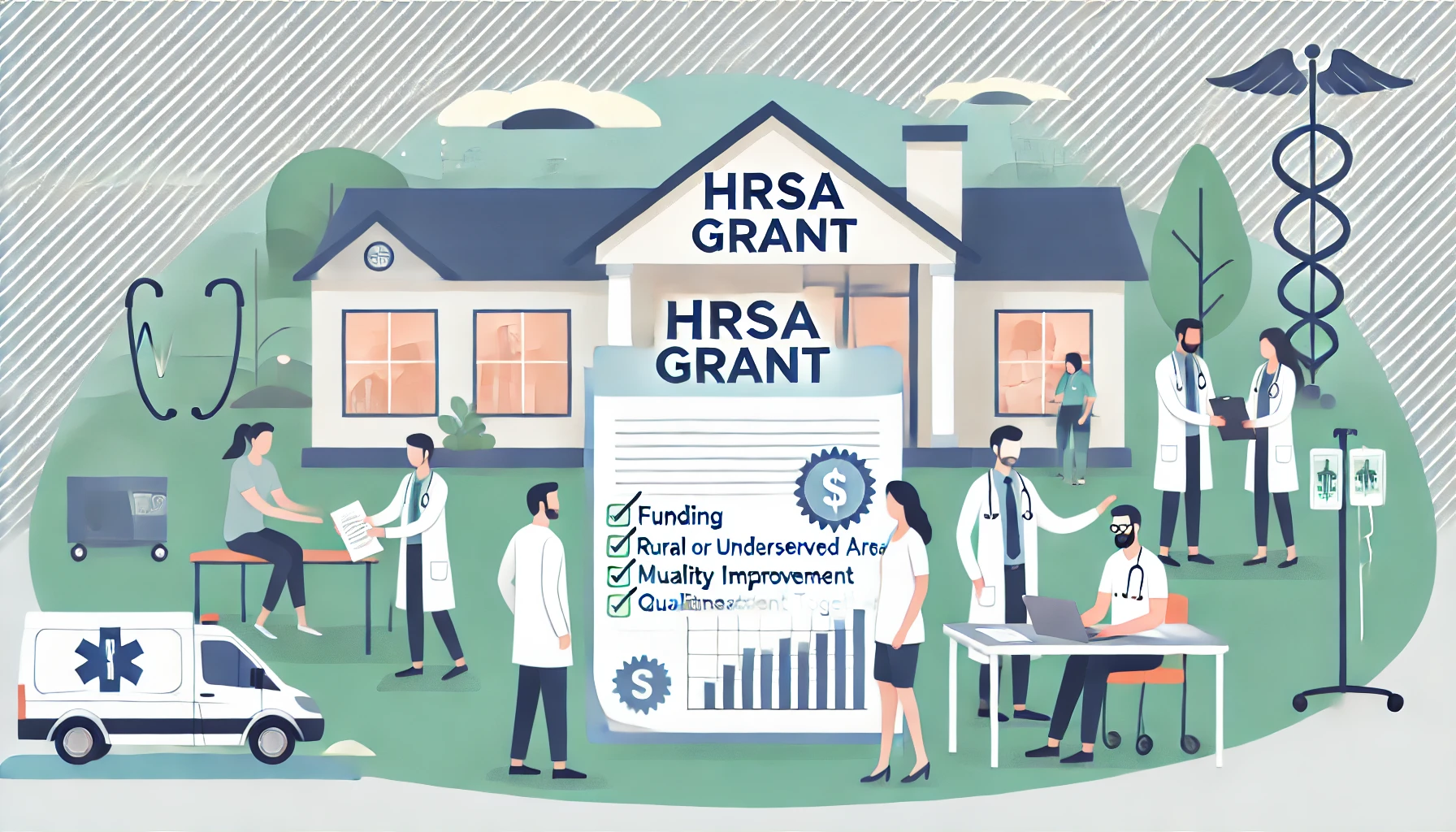
Table of Contents

AI tool instantly analyzes insurance claim denials, leveraging advanced algorithms to generate comprehensive appeals and challenge potentially unfair rejections.
AI tool instantly analyzes insurance claim denials, leveraging advanced algorithms to generate comprehensive appeals and challenge potentially unfair rejections.
AI Tool Battles Unfair Health Insurance Claim Denials Instantly
In an era where healthcare complexity continues to challenge patients and providers alike, innovative solutions are emerging to address one of the most frustrating aspects of medical care: insurance claim denials. A groundbreaking AI tool is now stepping into the arena, promising to revolutionize how we challenge potentially unfair insurance claim rejections.
The Growing Problem of Claim Denials
Health insurance claim denials represent a significant pain point in the healthcare system. According to recent studies, millions of patients face unexpected barriers when seeking reimbursement for critical medical services. The implications are profound:
- Financial Strain: Unexpected denials can leave patients with overwhelming medical debt
- Healthcare Access: Denied claims may prevent patients from receiving necessary treatments
- Administrative Burden: The appeals process is often complex and time-consuming
How AI is Changing the Game
The newly developed AI tool offers a potentially transformative approach to claim dispute resolution. By leveraging advanced algorithms and extensive medical coding databases, the system can:
- Instantly analyze claim denial reasons
- Identify potential errors in insurance company assessments
- Generate comprehensive appeal documentation
The Technology Behind the Solution
At its core, the AI tool utilizes machine learning algorithms that can:
- Cross-reference medical codes and billing information
- Detect potential inconsistencies in claim denials
- Provide statistically supported arguments for appeal
The Role of Independent Peer Review
While AI offers promising capabilities, it's crucial to recognize the complementary role of independent medical peer review. At Medplace, we understand that technology is most effective when combined with expert human insight. Our platform provides:
- Credentialed Healthcare Experts: Professionals across 132 medical specialties
- Rapid Medical Opinion: Quick, objective assessments of complex medical claims
- Comprehensive Review: Thorough examination of medical documentation and claim details
Potential Limitations and Considerations
Despite the exciting potential, critical questions remain:
- Can AI fully understand the nuanced complexities of medical coding?
- What safeguards exist to prevent potential algorithmic bias?
- How will insurance companies respond to AI-generated appeals?
Ethical and Practical Implications
The emergence of this AI tool raises important discussions about healthcare technology's role in patient advocacy. While promising, it's not a complete solution. Patients should still:
- Maintain detailed medical documentation
- Understand their insurance policy thoroughly
- Seek professional guidance when needed
The Future of Medical Claims Processing
This AI innovation represents just one step in an evolving landscape of healthcare technology. The most effective approach will likely combine:
- Advanced AI algorithms
- Expert human review
- Transparent, patient-centered processes
A Balanced Perspective
While the AI tool offers exciting possibilities, it's not a magic solution. Insurance claim disputes remain complex, requiring a nuanced approach that balances technological innovation with human expertise.
At Medplace, we believe in empowering patients and healthcare providers with robust, technology-enhanced medical review processes. Our platform stands ready to support those navigating the challenging landscape of medical claims and peer review.
Key Takeaway
The AI claim denial tool represents a promising development in healthcare technology. However, successful implementation will require ongoing refinement, ethical consideration, and a commitment to patient-centered care.
Source: Original article available at The Guardian

Why Every Hospital Needs a Quality and Patient Safety Program
Every hospital needs a quality and patient safety program to reduce harm, improve care, and foster a culture of accountability.
.png)
.png)

HRSA FQHC Requirements: A Comprehensive Guide for Healthcare Providers
When it comes to federally qualified health center requirements, there’s no shortage of regulations, expectations, and—depending on your perspective—opportunities.
.png)
.png)

Unlocking Funding: A Guide to Health Resources and Services Administration (HRSA) Grants
Use HRSA grants to fund external peer review programs that enhance care quality, reduce bias, and support compliance in health centers.
.png)
.png)



.png)
.png)
.png)






.png)